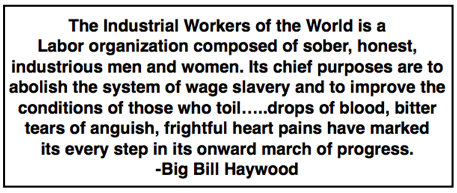 —————
—————
Hellraisers Journal – Friday August 5, 1921
Letter from Fellow Worker James Rowan, Class War Prisoner
Leavenworth Prisoner #13113:
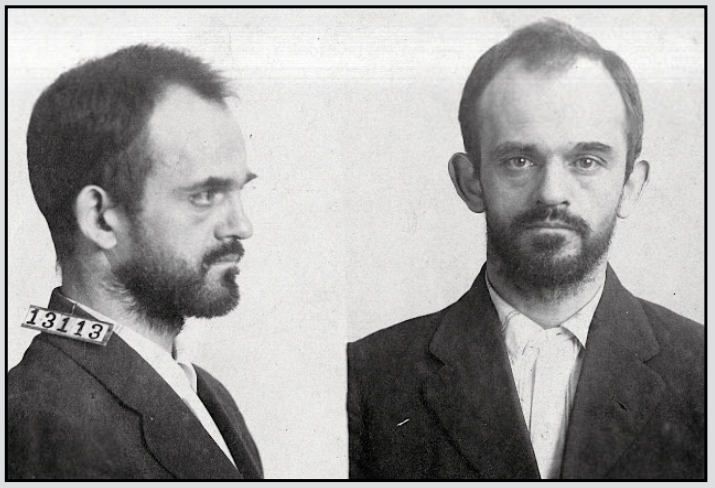
From The Nation of August 3, 1921:
The Imprisoned I. W. W. at Leavenworth
TO THE EDITOR OF THE NATION:
SIR: May I call your attention, as well as that of your readers, to the cases of the I. W. W. prisoners at present doing time at Leavenworth? There are about one hundred and twenty of these men, all told. They are serving sentences varying from five to twenty years. I happen to be one of those serving a twenty-year sentence, so I can speak from first-hand knowledge.
We were arrested in 1917 under three indictments, known respectively as the Chicago, Sacramento, and Wichita indictments, charging us with conspiracy to hamper and obstruct the United States Government in the conduct of the war. After being held from one to two years under unspeakable conditions which caused the death of some, and others to go insane, in the county jails of Chicago, Sacramento, Wichita and other towns in Kansas, we were “tried,” convicted, and given sentences varying from one to twenty years. Fifteen received twenty-year sentences and the majority of the remainder are now serving ten year sentences.
Not one of us was proven guilty of any crime. We were convicted under the stress of war-time hysteria and public prejudice. Our real offense was that we all were, or had been, more or less active members of the I. W. W. We held, and still hold, certain opinions regarding the present system of society which are unfavorable to the ruling class and at variance with those held by the great majority of the people. Whether these opinions are right or wrong cuts no figure as far as the principle involved in these cases is concerned. If men can be imprisoned for their opinions then the liberties guaranteed by the Constitution no longer exist in the United States; free press and free speech are only empty phrases used to deceive the unthinking. If we are forced to serve out these sentences then no one is safe. Anyone holding opinions which the American plutocracy consider dangerous to their privileges can be thrown behind prison bars and forced to spend many years in a felon’s cell.
Our imprisonment not only means loss of liberty and all that makes life worth living to us. It is also a direct attack on the liberties of one hundred and ten million people. If the American people stand for these high-handed and savage judicial acts, unparalleled in any modern civilized country, it means that they have abandoned all claims to the rights and liberties for which our forefathers shed their blood. The lives of one hundred and twenty men are of little consequence. If forced to serve out our sentences we can do so, and I for one would rather stay in jail with a clear conscience than bow the knee to privilege on the outside. The real tragedy lies in the moral breakdown of a great people.
The only power that can free us is aroused public opinion. These cases must be investigated and the facts given wide publicity, and such a strong protest made to the officials at Washington that they may see their way clear to take action leading to the early release of all political prisoners in the State and Federal prisons of the United States. A small group of liberals and radicals are doing all in their power to bring about general amnesty for all political prisoners. Needless to say we thoroughly appreciate their efforts on our behalf. I ask you to add your voice to theirs, to the end that justice may be done and the voice of freedom, in unmistakable tones, may once more ring through the land.
JAMES ROWAN
Leavenworth, Kansas, July 13
[Emphasis and paragraph break added.]
Continue reading “Hellraisers Journal: From The Nation: Letter from James Rowan, Class War Prisoner 13113 at Leavenworth, Kansas” →
 —————
—————
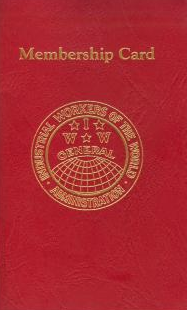
 —————
—————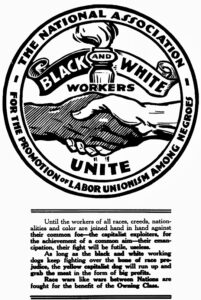
 —————
—————
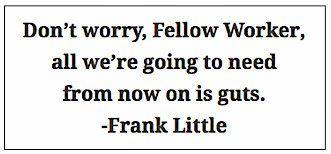 ———-
———-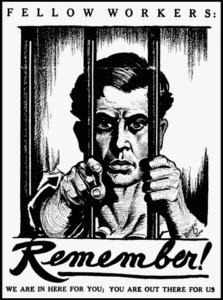
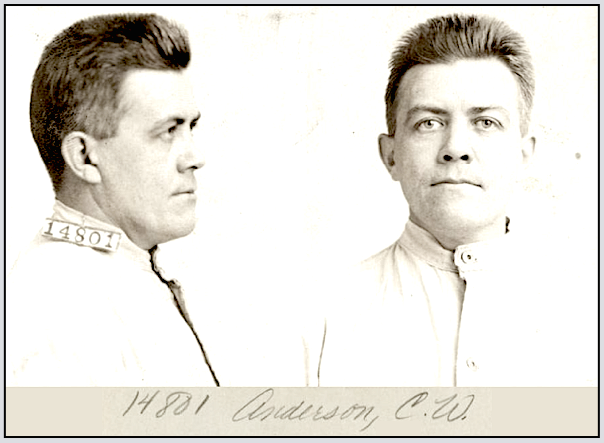 —–
—–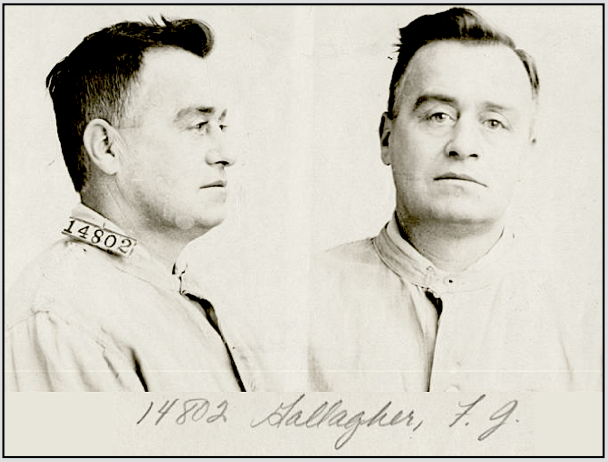 —–
—–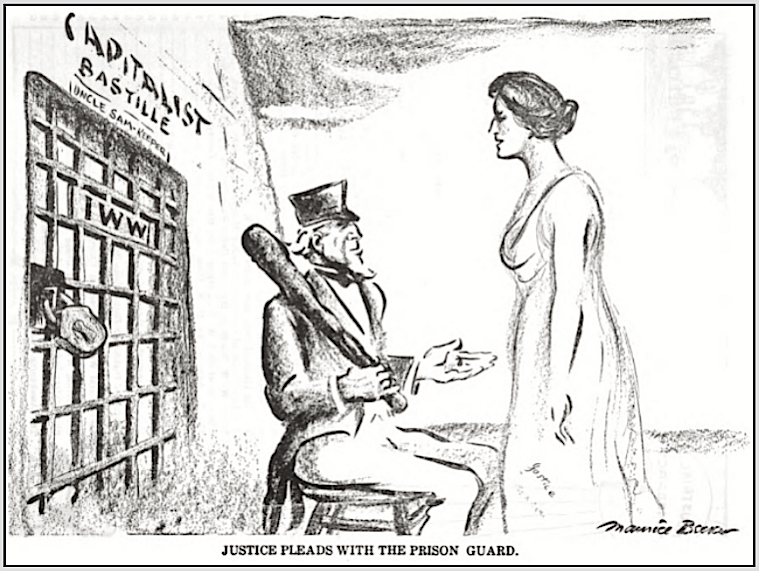
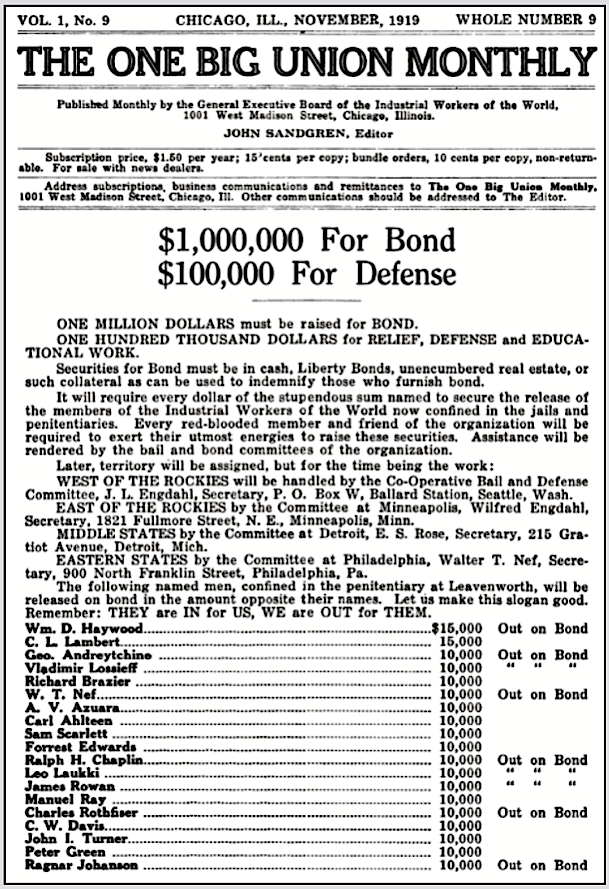
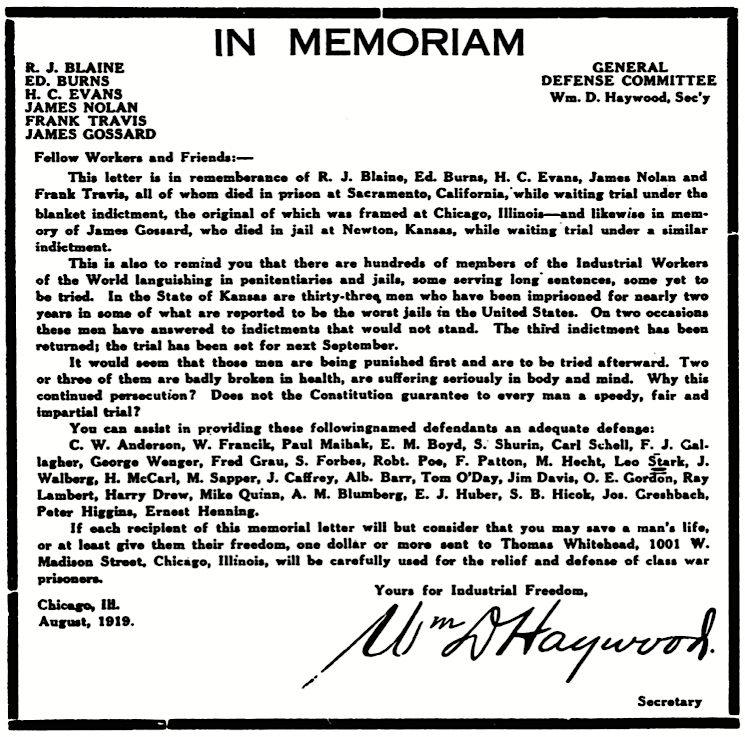
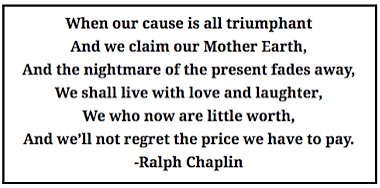 ———-
———-
